Makhdoom Mohiuddin
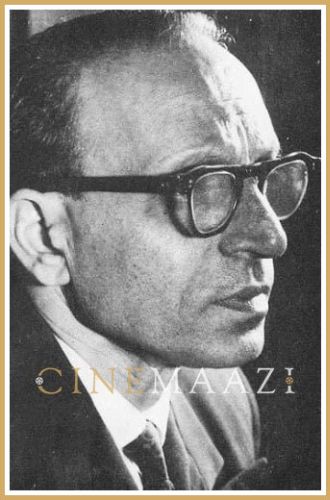
Subscribe to read full article
This section is for paid subscribers only. Our subscription is only $37/- for one full year.
You get unlimited access to all paid section and features on the website with this subscription.
Not ready for a full subscription?
You can access this article for $2 , and have it saved to your account for one year.
- Real Name: Abu Syed Mohammad Makhdoom Mohiuddin Hazri
- Born: 4 February 1908 (Medak, Telangana)
- Died: 25 August 1969 (Delhi)
- Primary Cinema: Hindi
- Parents: Ghouse Mohiuddin
Sahitya Akademi award-winning revolutionary poet and lyricist Makhdoom Mohiuddin is well-known for his soul-stirring poetry and romantic sensibilities. He is known for films such as Gaman (1978), Mandi (1983) and Bazaar (1982). A Marxist political activist of India, he founded the Progressive Writers Union in Hyderabad. He was active with the Comrades Association and the Communist Party of India, and was at the forefront of the 1946–1947 Telangana Rebellion against the Nizam of the erstwhile Hyderabad state. Primarily a poet of the nazm, he has also proved his ability as a ghazal writer. In addition, he has displayed his worth in the field of prose as well. His poetical works include Surkh Saveraa, Gul-e-tar, and Basaat-e-raqs.
Born on 4 February 1908 at Andol in district Medak in Hyderabad, he was the son of Ghouse Mohiuddin, a superintendent at the tahsil office in Andol, Medak district. His father died at a very young age and he was raised by his uncle Basheeruddin, who was known to be a god-fearing man. As a child, he studied at the Dharamvant High School in Hyderabad for some time. Despite belonging to a religious family of teachers and preachers, his personal interests lay in the realms of poetry and politics. From a young age, he had observed the suffering of the rural community in Telangana. As a college student in the 1930s, he also became aware of the rise of fascism in Italy and Germany, which was discussed intensely in progressive circles.
Before getting deeply involved in the Telangana peasants’ rebellion, he was reportedly very popular among his colleagues for his jokes and innocent mischief. His popularity as a poet also would grow in the 1930s, at the time same when was translating famous works into Urdu. He would become a teacher at the City College in 1934, teaching Urdu literature.
Starting with lyrical poetry around 1933-34, Makhdoom Mohiuddin eventually completed the study of almost all outstanding Urdu and Persian classical and contemporary works. He was soon drawn towards progressive, anti-imperial, socialist and anti-fascist thought. In touch with communist writers in Lucknow then, he soon formed the Hyderabad unit of the Progressive Writers’ Association.
With the strengthening of his bonds with the communists, he also organised a student union in 1939-40. He began organising trade unions in the Hyderabad state and was arrested in 1946; he was soon released. Like other Communist Party of India (CPI) leaders, he also went underground fearing arrest.
During the Telangana Armed Struggle, which was a communist-backed peasant rebellion in the state against feudal landlords, he was also jailed for a while. He was one of those from the CPI who wanted to reconsider the armed struggle. During his time in prison in 1951, he composed his famous poem Qaid; even more popular than Qaid was his Jang-e-Azadi, a battle cry against landlords.
Eventually, the armed struggle was called-off on 1 October 1951. When the CPI (then through PDF) contested in the first general elections of the Hyderabad state, he had lost the polls but later on, won the Huzurabad seat in a by-election. After unsuccessfully contesting the Medak Parliament seat, he was elected to the Legislative Council where he led the CPI group till his death in 1969.
As Raj Bahadur Gaur about his former comrade, “Makhdoom the Communist and Makhdoom the Poet, both worked and wrote for the same cause -‘Victory for Love and Labour’”
He was the leading light of the progressive writers' movement and as a mark of respect the communist party of India has raised a building called Makhdoom Bhawan in Hyderabad.
His work in cinema includes lyrics for the films Gaman (1978), Bazaar (1982), and Mandi (1983). Gaman starred Farooq Sheikh and Smita Patil in the lead roles and introduced Nana Patekar in a supporting role. It marked the directorial debut of Muzaffar Ali, who went on to make Umrao Jaan (1981). The film deals with the issue of the futility of urban migration, using the story of a migrant from Uttar Pradesh to Mumbai, who tries to find a foothold in his new life as a taxi driver.
Bazaar, directed by Sagar Sarhadi, starred Supriya Pathak, Smita Patil, Naseeruddin Shah, and Farooq Shaikh. It depicted a young man who challenges traditional customs by standing up to the father of the woman he loves, who has promised her to a wealthy expatriate.
Shyam Benegal’s comedy drama Mandi revolved around the forbidden love, fraying loyalties and flagrant hypocrisy that emerge when sanctimonious politicians drive a madam's brothel from the heart of Hyderabad. It starred Shabana Azmi, Smita Patil, and Naseeruddin Shah.
Ghazals he penned include Aap ki yaad aati rahi raat bhar, Phir chhidi raat baat phulon ki, Ishq ke shoale ko bhadkao ki kuchh raat kate, Ye kaun aata hai tanhaiyon mein jam liye, and Wo jo chhup jate the kabon mein sanam-khanon mein, among many others. Among the approximately 40 nazms credited to him are Intizar - Raat bhar dida-e-namnak mein lahraate rahe, Chaara-gar - Ek chameli ke mandwe-tale, Aaj ki raat na ja - Raat aai hai bahut raaton ke baad aai hai, Chand taron ka ban - Mom ki tarah jalte rahe hum shahidon ke tan, and Ghaalib - Tum jo aa jao aaj dilli mein.
He also penned many popular sher-o-shayari, as well as qita such as Tu ne kis dil ko dukhaya hai tujhe kya malum, Abhi na raat ke gesu khule na dil mahka, Usi ada se usi bankpan ke sath aao, Gareban-chaak mahfil se nikal jaun to kya hoga, and Ye raqs raqs-e-sharar hi sahi magar ai dost. He also has the qisse Taaza ghazal sunaane ki bechainee and Waqt-e-subh ghuroob-e-aaftab ka nazaara to his credit.
Books that he penned include Bagghi Ke Peeche Chhokra, Bisaat-e-Raqs, Gul-e-Tar, Hosh Ke Naakhun, Hyderabad, Makhdoom, Surkh Savera, and Tagore Aur Unki Shayari.
Makhdoom Mohiuddin passed away in Delhi on 25 August 1969.
Books that were penned on him include Makhdoom; A Memoir by Gour, Raj Bahadur (1970), which was a Communist Party publication; and Remembering Makhdoom by Alam, Jayanti, ed. (2010).
There is also a documentary made on him by Ali Sardar Jafri, which had actor Irrfan Khan play the poet. With music by Jagjit Singh, it offered insights into the man and his passions.
References
https://www.rekhta.org/poets/makhdoom-mohiuddin/profile
https://web.archive.org/web/20080208131443/http://www.hindu.com/2008/02/05/stories/2008020559080600.htm
https://www.imdb.com/name/nm1224474/
https://www.siasat.com/hyderabad-liberation-day-cpi-honours-urdu-revolutionary-poet-makhdoom-2410485/
https://timesofindia.indiatimes.com/city/hyderabad/makhdoom-poet-of-labour-and-love/articleshow/48498197.cms






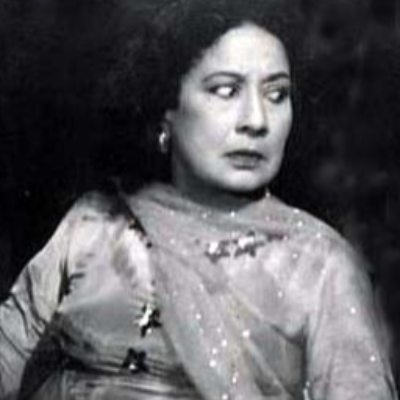
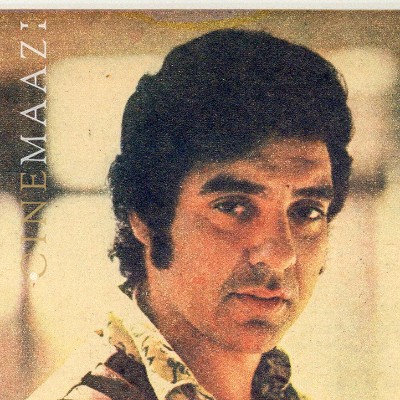
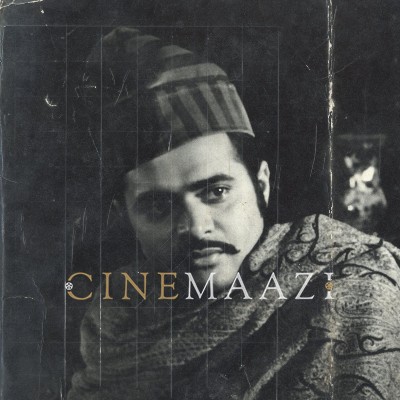

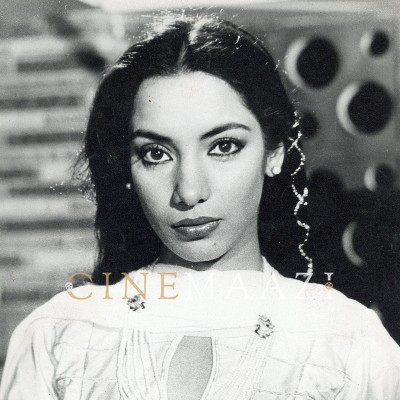

.jpg)



